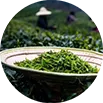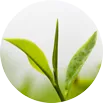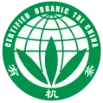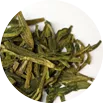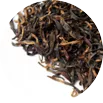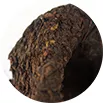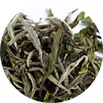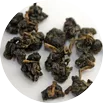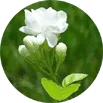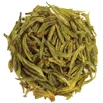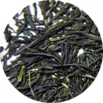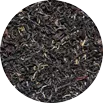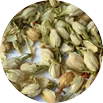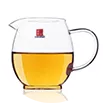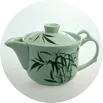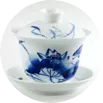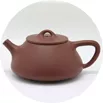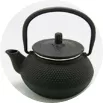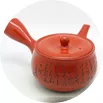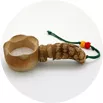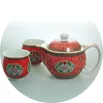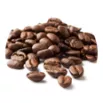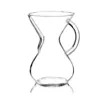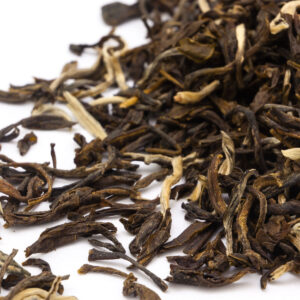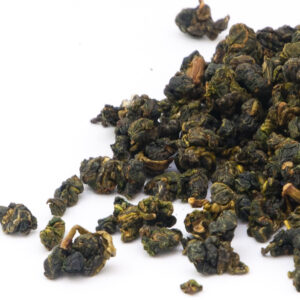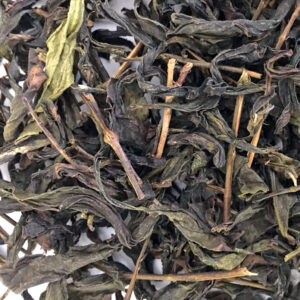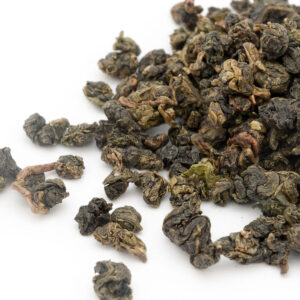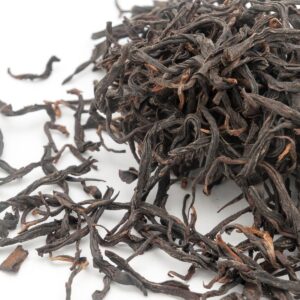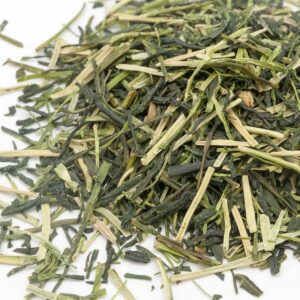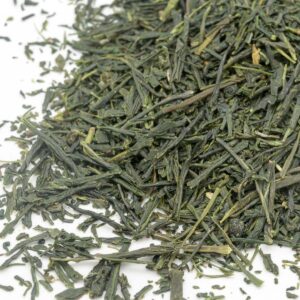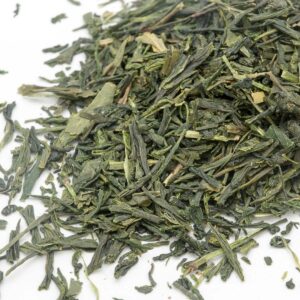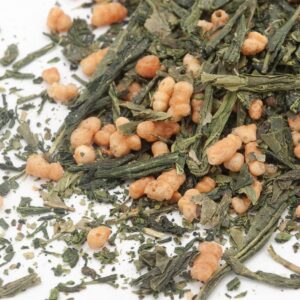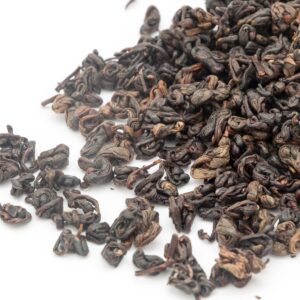Hua Cha White King
"White King"-Jasmine tea is produced in many provinces in China and is very popular (especially in the north of the country). The tea can be dried with jasmine and its odor can be absorbed, or the jasmine can be added directly to the tea. In this way, the tea acquires the aroma of jasmine, but still retains its original taste. Jasmine tea is light and pleasant. "White King" itself is a relatively high-quality green tea with rich fluff, but the addition of jasmine further improves its quality.
The white king we provide is mixed with fresh autumn jasmine in a ratio of 4:1 (gradually use 4 kg of jasmine per 1 kg of tea).
Tian Li Cha
Huang Da Cha
Jin Xuan Nai Xiang
"Golden flower with a milky scent" - tea of bright yellow and pure infusion color (Western tea testers refer to it as 'amber'), the aroma is caramel-milk, yet tea-fresh.
The taste is soft, warm and pleasant with a 'memory of milk' - one that gives the impression of sweet condensed milk and childhood memories.
Kukicha
Genmaicha
Dried hawthorn berries (shan-zha)
Dried hawthorn berries (shan-zha, lat. Crataegus cuneata) - helps good digestion, removes fats from blood vessels, lowers blood cholesterol levels and breaks down fatty acids (which helps it lose weight), lowers blood pressure and has heart-specific antioxidant effects, which can help fight most heart diseases.
Chinese jujube (zao)
Hong Bao Shi
The most fresh teas in our stock, up to three months.


